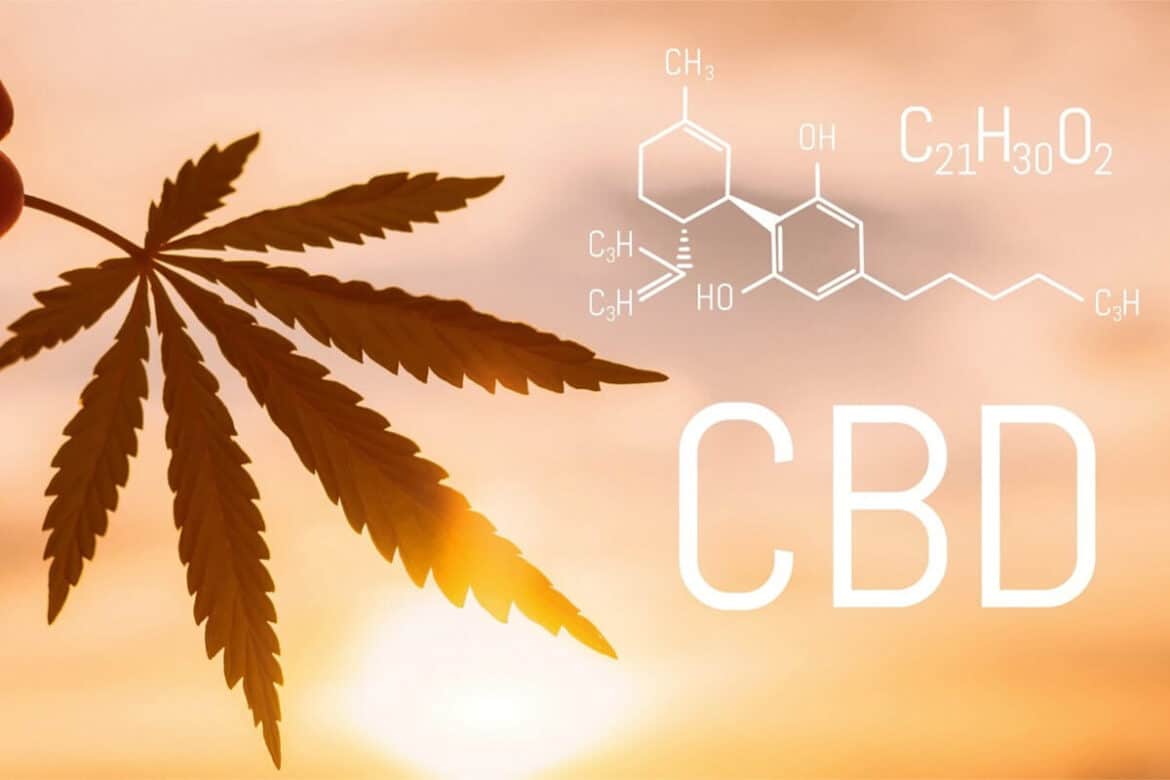Cannabidiol (CBD) is a natural component of the hemp plant (Cannabis Sativa), abstracted from the leaves and stalks. Hemp is a tall, coarse, and bushy herb that grows up to 4 m tall with grey-green leaves that may reach 12 cm in length. Contrary to popular belief, the Cannabis Sativa plant contains approximately 80 chemicals known as cannabinoids, including CBD (short for Cannabidiol), which is one of these.

CBD Derives From Hemp
Hemp has been used for a variety of applications since its discovery, including as a strong and flexible material and as a key raw material in the manufacture of textiles, paper, and even rope for ships and tents. Despite the fact that hemp-derived CBD is still being investigated for its medicinal qualities, the market has expanded in recent years to include items such as Vitabiotics CBD, e-liquids, supplements, and balms.
Cannabidiol has been investigated since the 1940s when research began in the United States. Scientists devised a chemical formulation for CBD as a means of extracting the active components from wild hemp plants, which were solved in the early 1960s. Since then, many research studies have been conducted in order to see whether this chemical can help people with a variety of disorders, including anxiety and inflammation.
Research Is Still Ongoing
Although research and studies on CBD’s properties are still under way, medical cannabis may be prescribed by a specialist doctor to individuals suffering from particular health issues such as Multiple Sclerosis, rare and severe forms of epilepsy, and chemotherapy (to relieve nausea and vomiting).
Three Types Of CBD
In today’s digital era, cannabidiol (CBD) is frequently advertised and promoted on a variety of social networking sites, with more and more people turning to influencers and celebrities for product feedback. There are three distinct types of CBD: broad-spectrum, full-spectrum CBD, and CBD isolate. The purest form of natural CBD is CBD Isolate, which is also THC (Tetrahydrocannabinol) free.
A Benefit To Various Conditions
The cannabis plant contains a variety of cannabinoids, some of which are psychoactive and can alter functions such as mood, awareness, perception, behavior, and cognition. CBD is non-psychoactive. Tetrahydrocannabinol is a psychoactive component in the plant that is not permitted in CBD products (no detectable traces to the 6th decimal).
Final Thoughts
CBD has been studied extensively throughout the last 80 years, and its usage as a soothing and pain-relieving ingredient has skyrocketed. People who are suffering from pain or anxiety can select from a range of CBD products, including oral and topical variants, to help alleviate their symptoms and improve their health.
Leave a Reply